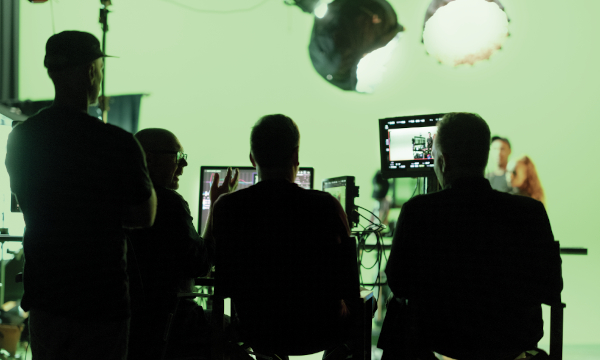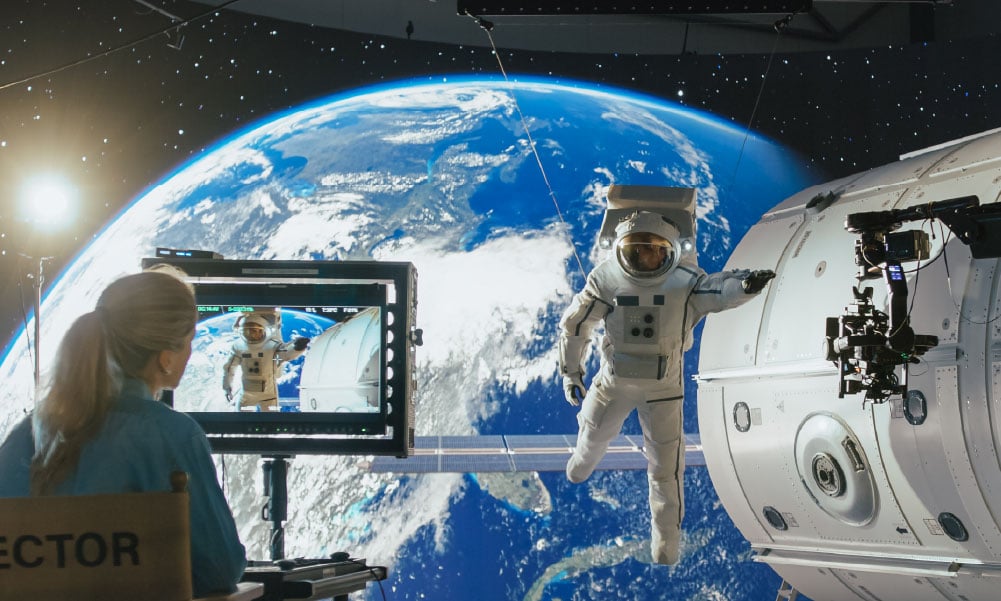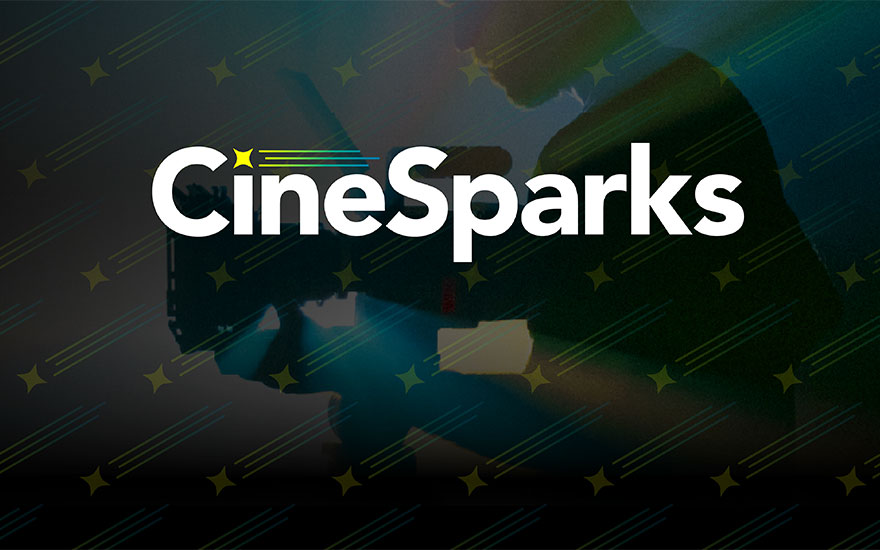Christina Lee Storm, Eric Roth, and Mike Urban talk about pre-and post-production workflows
There is a romanticized idea of moviemaking in which a pure line of light and artistry runs, unbroken, from camera lens to cinema screen. Nothing goes missing on the way, and the audience sees wholly and only what the director and the writer imagined.
Except filmmaking doesn't work that way and never has. This art form, which can create perfect worlds, has never existed in one. On the contrary, making movies is a gloriously messy, many-headed, beast of a process — even in its new digital incarnations.
Three people who know this well are Eric Roth, VFX supervisor & creative technologist, Michael Urban, co-founder and CEO of The Rebel Fleet and Konsol, and Christina Lee Storm, an award-winning producer and senior media and entertainment executive. Speaking during a CineSparks webinar called 'The Future of Filmmaking: Streamlining Production to Post,' they explained why the new level of control digital promised filmmakers hasn’t peaked yet, why that is, and what the future holds.
Watch the video
Watch the full video here
Managing metadata
Eric, Mike, and Christina all agreed that the sheer volume of data that digital requires is, in itself, a problem. It’s not that stuff isn't captured, or gets discarded, or lost; it's just that the frantic pace of production means it rarely makes it down the line to post or VFX in an orderly fashion. The data's there alright, but nobody's entirely sure where ‘there’ is.
Mike points out that this can even lead to situations where FX capture their own data on set — effectively duplicating effort — so they won't have to go hunting for it later down the line. The frustrating thing, he says, is that the mechanism to capture, keep, and distribute this information already exists in the form of the metadata in image files. He explains that figuring out how to turn this into an effective and reliable workflow is probably going to define how movies get made in the future.
You can hear how Eric and Mike have already begun that work and learn about the metadata tactics they employed to streamline handover from production into post and VFX when Eric built new and efficient workflows for Europa. You can also hear their thoughts on why the old adage of 'we'll fix it in the edit' (always a poor strategy) is rapidly becoming a downright dangerous one, and why planning technical routes to an artistic vision will need to start earlier and earlier in the creative process.
Moviemaking has always relied on the mutual respect between very different skills — and the way those crafts have worked together largely depended on informal relationships honed over years of trial and error. It almost felt instinctive — each trade knew what the other folks needed and what they could work with. Eric, Mike, and Christina say that what's needed now is a process that's better suited to a digital age, but which retains that instinctive feel — and the mutual confidence that comes with it.
The reciprocal respect Mike and Eric have for one another comes through loudly and clearly enough to be heard throughout the webinar. Mike, the avowed technologist and Eric, the career creative, know they need each other to get the job done. You can also sense their frustration that the workflows do not match that need. Yet.
Streamlining the production process
But Eric says he's encouraged by what he sees happening now. "I'm excited for this to be a more seamless process, and then, when it is, it just creates so much more accessibility throughout the planet, leveling the playing field for anyone, because there literally are people all over excited to not only try things out, but to learn. And Mike welcomes the democratization that streamlined access to digital tools brings too saying "If you can streamline the pipeline and the workflow and empower the creative process, you're going to get more content for less because of the level of integration and automation and access to tools."
For Christina, though, it means there's an exciting new blurring of lines. "The really interesting thing is, especially with virtual, is production is pushing pre-production into production earlier — and the same thing with production into post, I do feel like the technology and the tools are allowing us to be more fluid."
And that's the story behind this webinar. Three people, each one respected in the industry, for their individual skills, working out how best to combine them.



